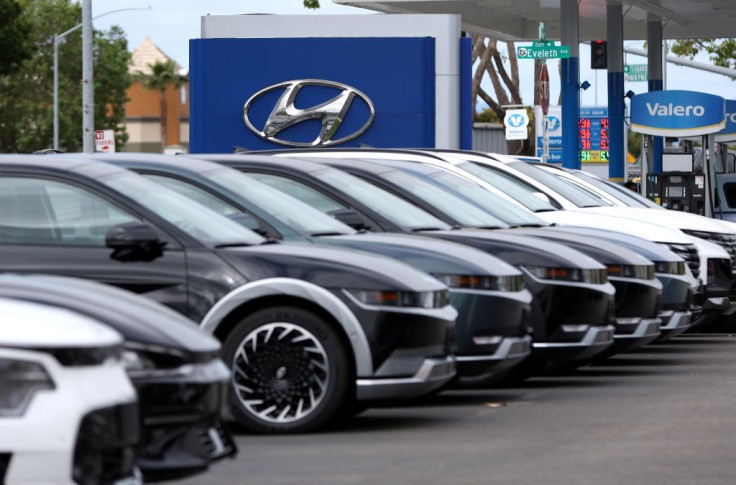
Amid a concerning surge in car theft incidents targeting Hyundai and Kia vehicles across the country, federal regulators have decided against issuing a recall, despite the connection between the thefts and eight reported deaths.
The National Highway Traffic Safety Administration (NHTSA) states that the current car theft trend does not meet its criteria for a national recall, leaving affected vehicle owners and state officials frustrated and concerned.
NHTSA Rejects National Recall Despite Safety Concerns
According to NBC News, the recent rise in car theft cases involving Hyundai and Kia models, which have been linked to fatalities, has prompted state officials and concerned citizens to call for a recall of the affected vehicles.
However, in a letter addressed to California Attorney General Rob Bonta and other state AGs, the NHTSA declined to issue a recall, citing that the car theft trend did not meet their criteria for a national recall.
Cem Hatipoglu, the acting associate director for enforcement at the NHTSA, emphasized that the federal safety standard does not require immobilizers, the key technology at the center of the controversy.
Hatipoglu argued that the standard does not consider criminal acts such as breaking open the steering column to start a vehicle, commonly known as hot-wiring.
This stance has left state officials and attorneys general concerned about public safety and the diversion of police and emergency resources to address these thefts.
State Attorneys General Advocate for Recall to Ensure Public Safety
Eighteen attorneys general, led by California Attorney General Rob Bonta, penned a letter to the NHTSA in April, urging them to recall and retrofit all vulnerable Hyundai and Kia vehicles manufactured from 2011 to 2022 with immobilizers to prevent thefts.
The attorneys general argued that the thefts of these vehicles have resulted in deaths, injuries, property damage, and an unnecessary strain on law enforcement resources.
Connecticut Attorney General William Tong expressed disappointment with the companies' response, announcing that the state would launch its own investigation into the thefts and the actions taken by Hyundai and Kia.
Tong emphasized that their efforts thus far have not been sufficient to address the ongoing theft problem, which has jeopardized public safety and forced law enforcement to redirect scarce resources.
Hyundai and Kia's Measures To Address the Theft Concerns
According to USA Today, last year, the act of stealing Kias and Hyundais gained popularity on TikTok, with viral videos showcasing individuals breaking into the vehicles by tampering with the steering column and using USB cables for hotwiring.
Certain cities have experienced a significant increase in auto theft reports, where Hyundais or Kias have accounted for 60% or more of the cases, although official data on the extent of this trend is not yet accessible.
While federal regulators have not mandated a recall, Hyundai and Kia have taken steps to mitigate the car theft issue.
In May, Kia and Hyundai reached a settlement in a customer lawsuit, agreeing to pay $200 million.
As part of the resolution, they committed to providing software upgrades to approximately 8.3 million U.S. vehicles that lack anti-theft immobilizers.
For cars that couldn't support the upgrade, owners would receive $300 to purchase theft deterrents, such as steering wheel locks.
Additionally, the NHTSA reported at least 14 crashes and eight fatalities in February linked to the increasing trend of stealing these particular vehicles.
Despite the growing concerns surrounding the increasing theft cases of Hyundai and Kia vehicles, federal regulators have determined that the situation does not warrant a national recall.
While Hyundai and Kia have implemented certain measures, such as software upgrades and insurance options, to address the issue, state officials and attorneys general argue that these actions fall short of ensuring public safety.
As the debate continues, affected vehicle owners and communities affected by these thefts remain anxious and seek more comprehensive solutions to combat this alarming trend.